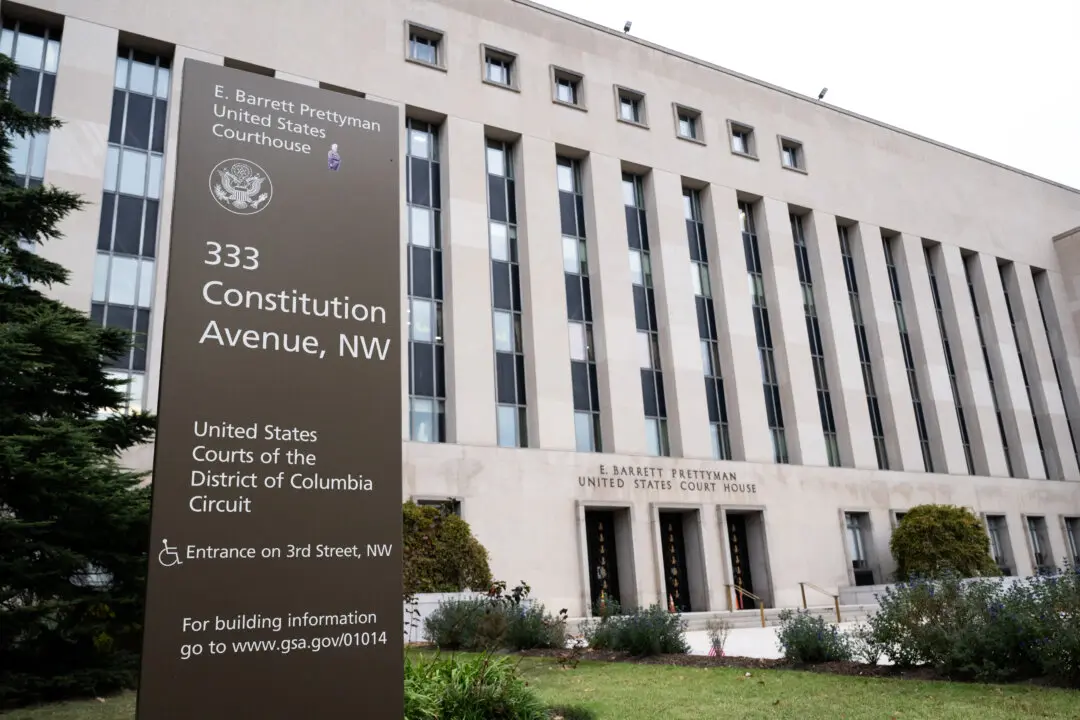Labor is edging closer to being able to pass its contentious industrial relations Bill, called “Closing Loopholes,” after securing the support first of former Greens Senator Lidia Thorpe this morning, and then the federal Green Party this afternoon.
It now needs the support of just one crossbench senator.





